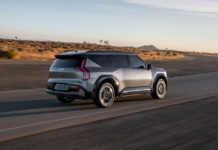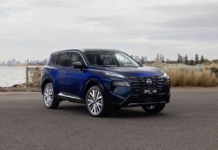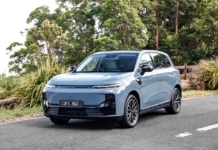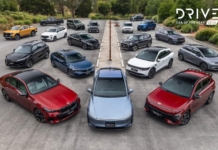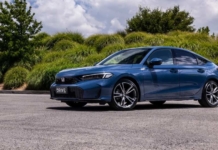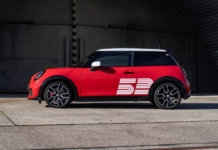China has agreed to allow the export of automotive semiconductors critical to global car production, averting widespread manufacturing shutdowns that industry groups had warned were imminent.
The chips are supplied by Nexperia, a Chinese-owned semiconductor manufacturer based in the Netherlands that provides 40% of automotive chips in the transistor and diode market segment, according to research firm TechInsights.
Beijing suspended shipments from China after the Dutch government took control of Nexperia several weeks ago, removing its Chinese chief executive and citing national security concerns. The move followed pressure from the United States government, which had placed Nexperia’s Chinese parent company Wingtech on a blacklist of firms considered national security threats.
Following a meeting between US President Donald Trump and Chinese leader Xi Jinping last week, Beijing announced it would allow customers to apply for exemptions from recently imposed export controls.
“As a responsible major country, China fully considers the security and stability of domestic and international supply chains,” China’s Ministry of Commerce said in a statement on Saturday. “We will comprehensively consider the actual situation of the companies and grant exemptions to eligible exports.”
The ministry also criticised what it called “the Dutch government’s inappropriate interference in the company’s internal affairs” which it said “led to the current chaos in the global supply chain.”
Industry welcomes resolution
US automotive trade groups praised the agreement and credited Trump’s administration with averting the crisis.
“Credit to President Trump and his team for insisting Nexperia was on the agenda during talks this week with China and for treating the global semiconductor supply chain as the economic and national security issue it so clearly is,” said John Bozzella, chief executive of the Alliance for Automotive Innovation, which represents most automakers operating in North America.
However, European industry representatives remained cautious about the resolution.
“A number of practical questions remain as to how the exemption for export controls will be granted,” the European Automobile Manufacturers’ Association said. “Until the secure flow of goods begins again, the situation will remain critical.”
The Dutch Ministry of Economic Affairs said it remained “in contact with the Chinese authorities and our international partners to work toward a constructive solution that is good for Nexperia and our economies.”
Australian market implications
The chip shortage threat carried significant implications for Australian consumers and the automotive industry, which relies heavily on imported vehicles and components.
A prolonged disruption to Nexperia’s supply chain could have driven up car prices across Australia, similar to the semiconductor shortages that affected global automotive production in the years following the pandemic.
The resolution comes as Australia’s automotive market continues to recover from previous supply chain disruptions, with new vehicle sales showing mixed results in recent months amid ongoing inventory challenges.
While the immediate crisis appears to have been averted, the dispute highlights the vulnerability of global automotive supply chains to geopolitical tensions, particularly for countries like Australia that depend on imported vehicles and components from multiple international markets.
Automobile Magazine-AU











